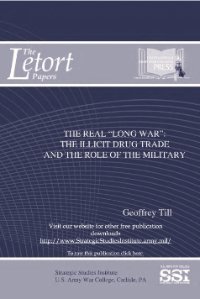By Anneli Botha
Transnational organised crime is at the heart of the illicit extraction and smuggling of natural resources in Mozambique’s Cabo Delgado province. Is there evidence that insurgents are capitalising on the extraction of natural resources to radicalise and recruit new members, legitimise and justify their existence and attacks, or finance their activities? In the absence of interviews with militants, this study reflects on the views of community members living in areas where natural resources are extracted, and insurgents operate. Key points • Mozambique’s government needs to consider a more effective information campaign to get ahead of incorrect perceptions insurgents could capitalise on. • Words should be followed by action addressing the disparity between expected financial growth following the discovery of natural resources and the reality on the ground. • Despite efforts from extraction companies to build community relations, more is needed to address negative perceptions and strengthen community resilience through efforts to make locals more employable. Piecemeal efforts are not going to be enough
Research Paper Centre for Crime and Justice Studies, 2025. 26p.






